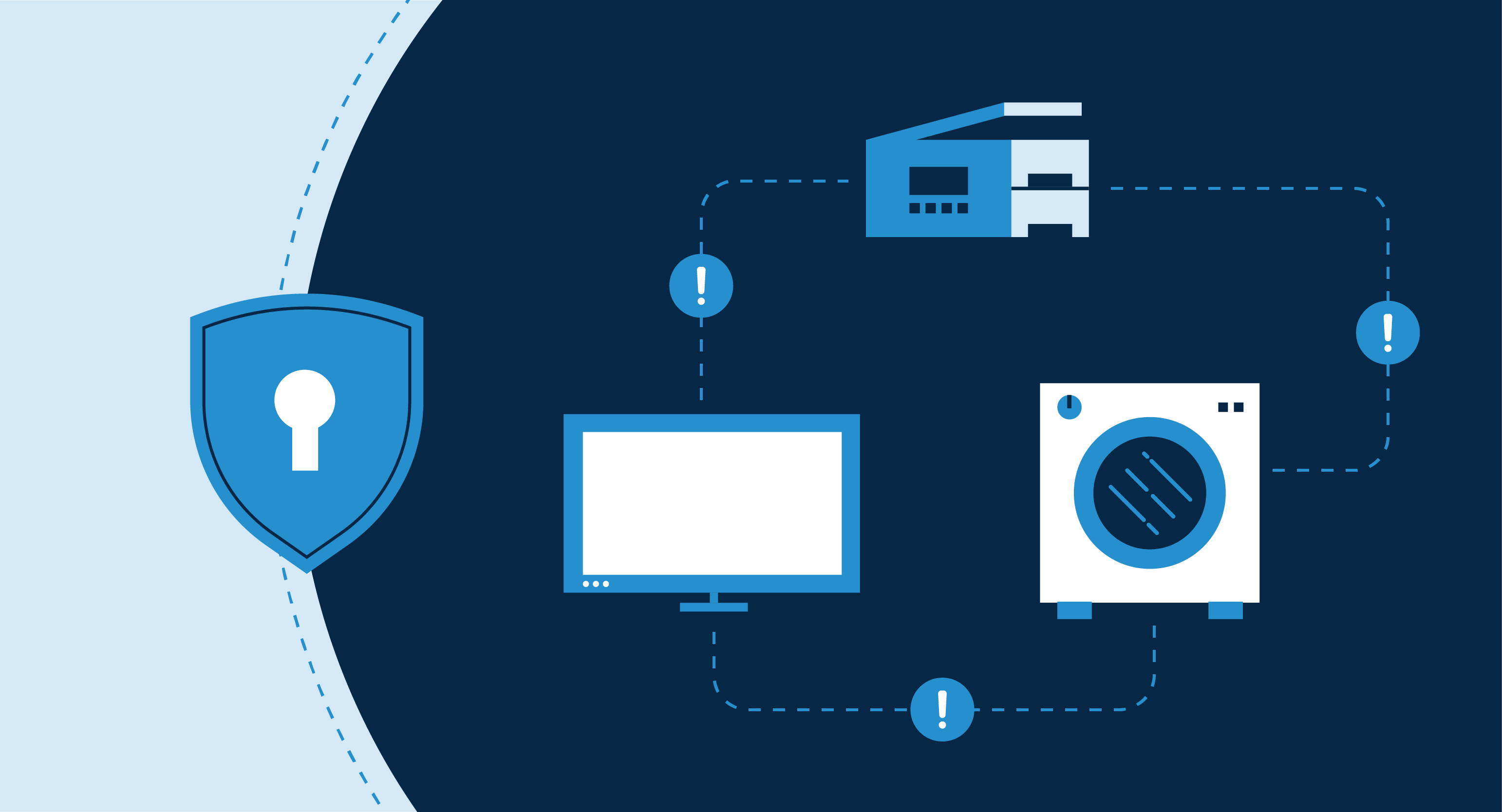Here Are Some Effective Steps for Securing Corporate and Personal IoT Networks
With IoT devices becoming more standardized with work from home, malicious attackers are eager to intrude in company-issued systems.
The Internet of Things has opened up significant changes in the business world. And as we step in 2022; we are excited to see what IoT brings to consumers and businesses through data exchange and connectivity. However, this is only possible if businesses manage to protect themselves from the harm that takes place with hackers getting hold of employees’ systems.
With an increased remote world amid coronavirus outbreak and increasing omicron cases, we are up for another round of keeping our systems protected from hackers. Considering this the first step to protect the company’s sensitive data is to invest in a secure internet connection. Many companies have given autonomy to remote workers to choose high-speed internet service providers available in their area. If it is the same scenario for you, then investing in Windstream bundles will help cater to the internet connectivity needs. Windstream Bundles consisting of Windstream Kinetic and Voice services provide high-speed internet service, unlimited data every month, unlimited local and international calling, and a lot more modern-day calling features.
Along with having access to secure internet service, there is more for employees to consider for protecting company data.
Check for Update
Different IoT solutions require constant updates, checks, and balances. Even if you have managed to download software in order to protect your system, you need to look at the applications for updates to minimize cyber risk on the platforms.
Company Culture Focused on Security
Considering security is everyone’s responsibility; not only of the employee or the employers, but it is high time to create a culture that promotes this mindset. Making security part of your company culture can help train employees and employers to take accountability for this factor.
While cyber security gets complex with remote working scenarios, simple things like not sharing system passwords and creating and implementing cyber security policies can help establish a culture of security for all.
Limit the Data Services
One of the good security catchalls is having a network that limits SIM card access or data service so that the traffic can only range to a specific IP address.
This approach will help limit telecommunication service errors and lock the possibility of misuse of these services.
Keep a Backup
No matter how good you are with cyber security knowledge or how many security layers you have on your system, it might still get affected by a hacker’s attempt to intrude. After the coronavirus outbreak and pandemic-induced work from home restrictions, hackers have become more vigilant in their malicious attacks. Considering this, it is important to ensure you have a backup in case your information is lost or taken to ransom by hackers.
In case of anything wrong, you have to receive your information from a physical ransomware attack or run through forensics. Therefore, it is better to keep one of your devices as a backup.
Consider Human Error
Working from home has given a high chance of human error to become the number one factor behind the misuse of company’s devices and oversharing of company’s information in order to avoid cyber security threats. Here you have to make sure that your devices are protected. This includes limiting the device interaction with outsiders and having a secure password to limit the access of other users.
Bottom Line
The implementation of work from home policies in order to secure the company’s devices is the first step. However, ensuring more security involves having a good internet connection, strong passwords, and a lot more.

